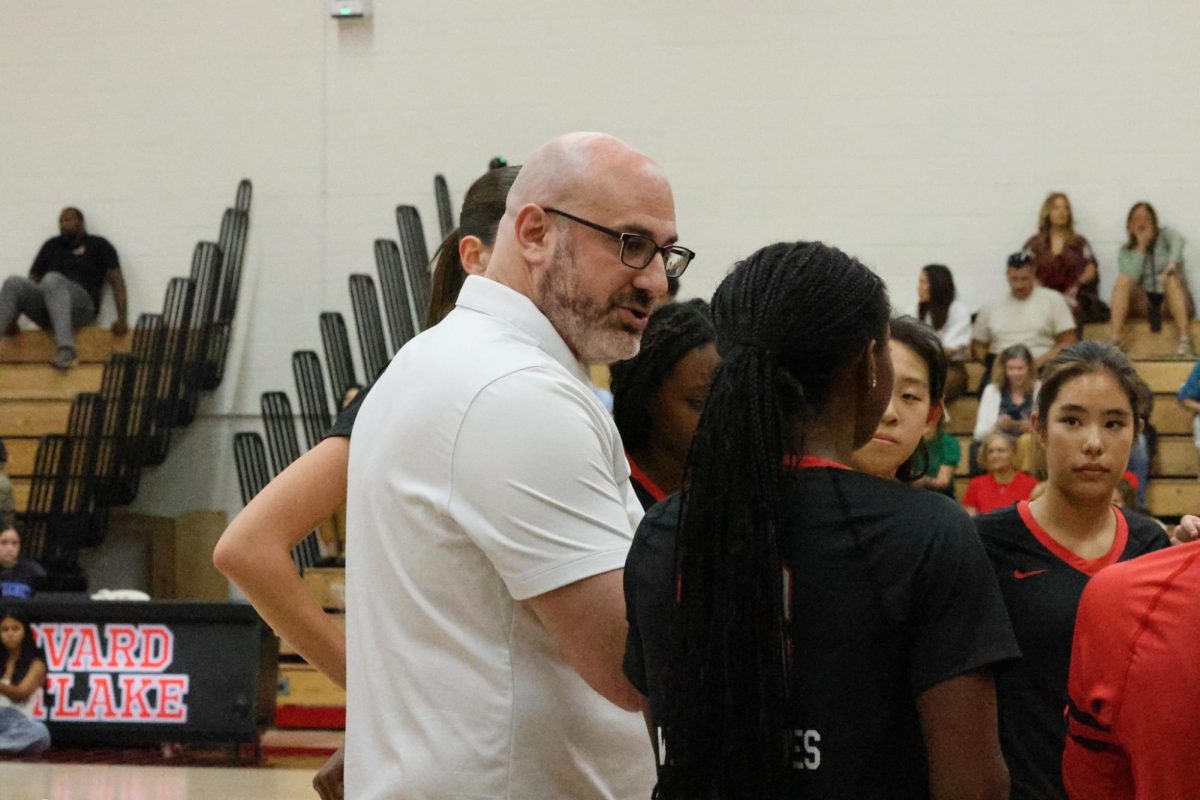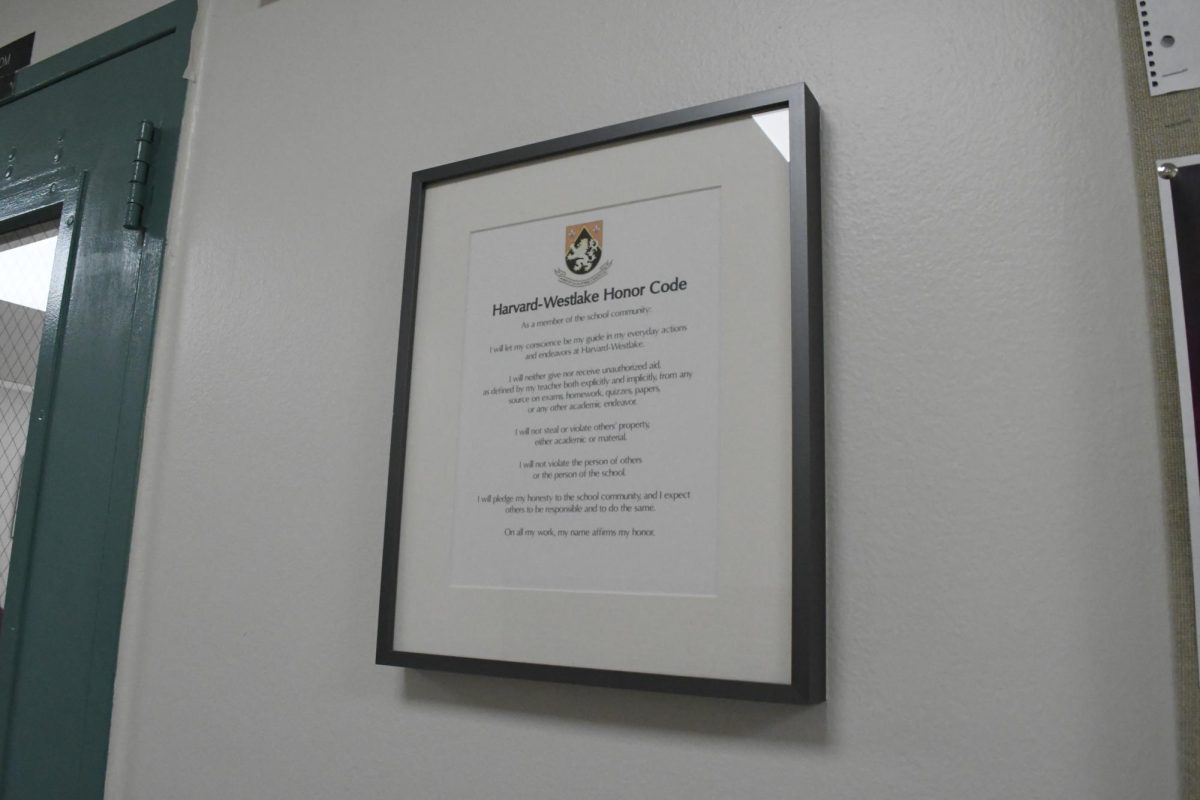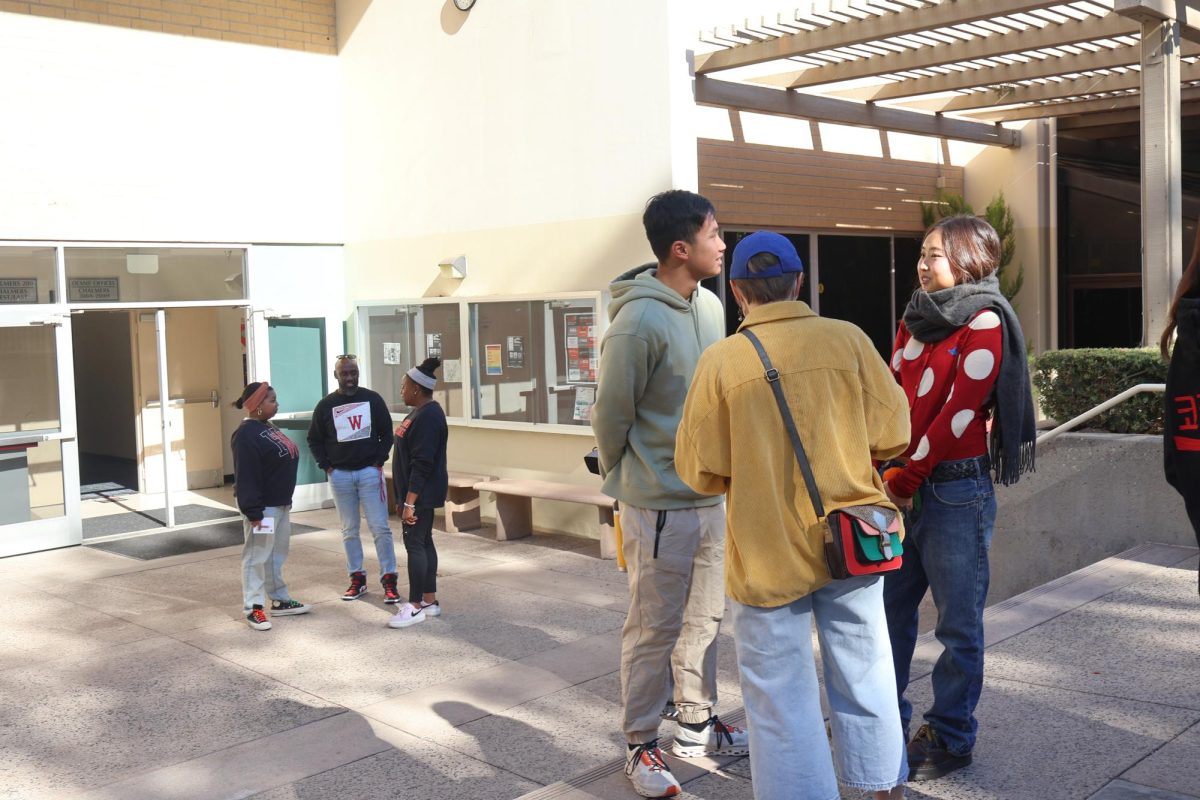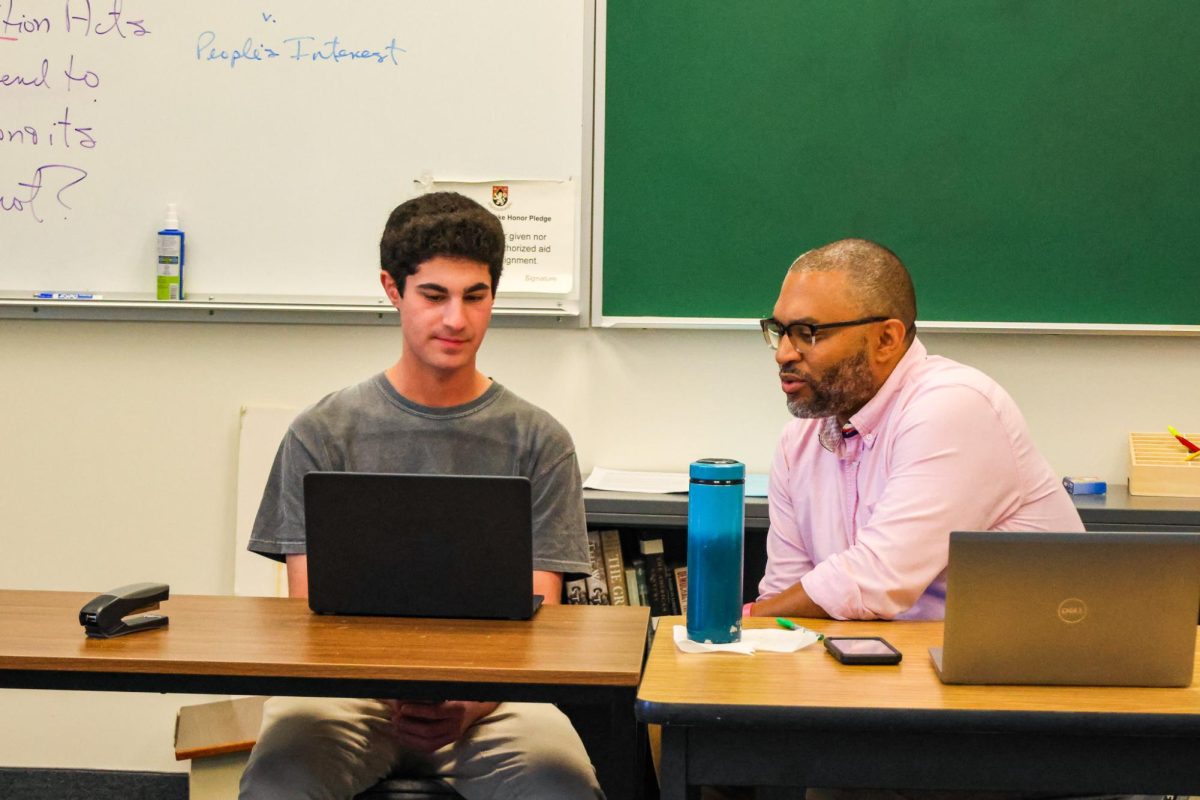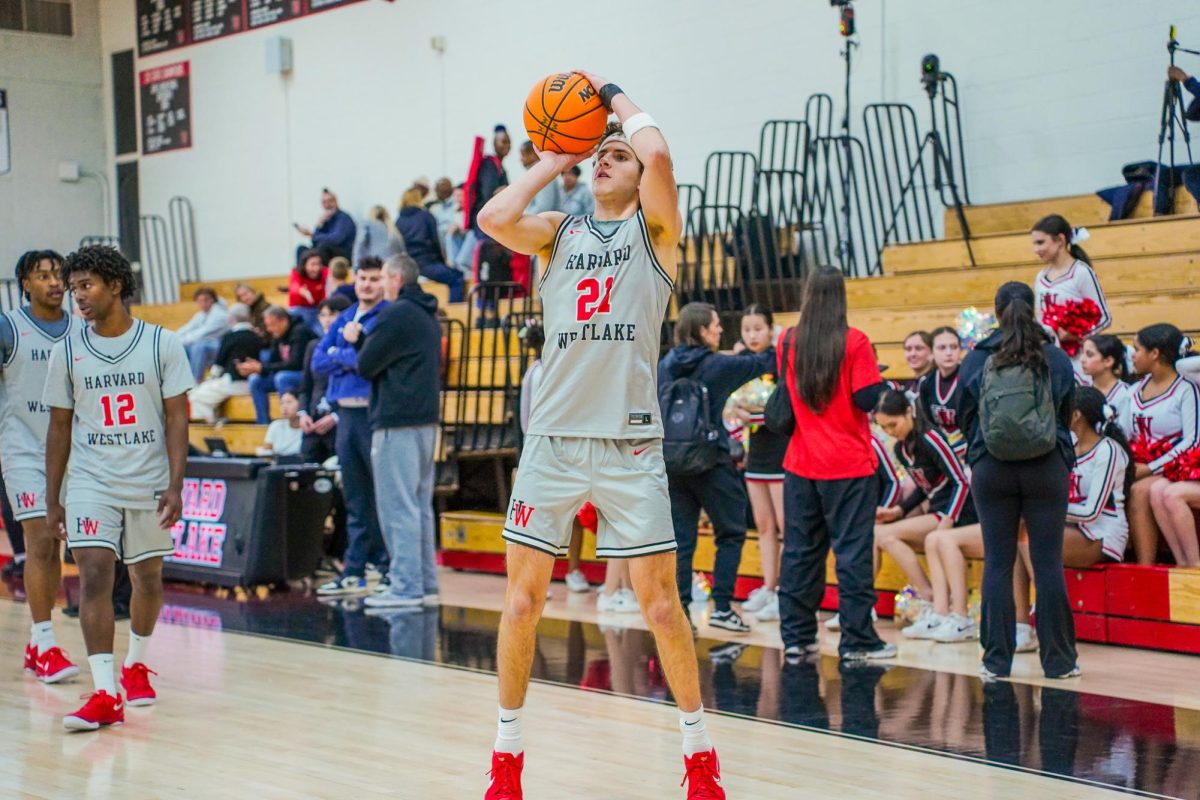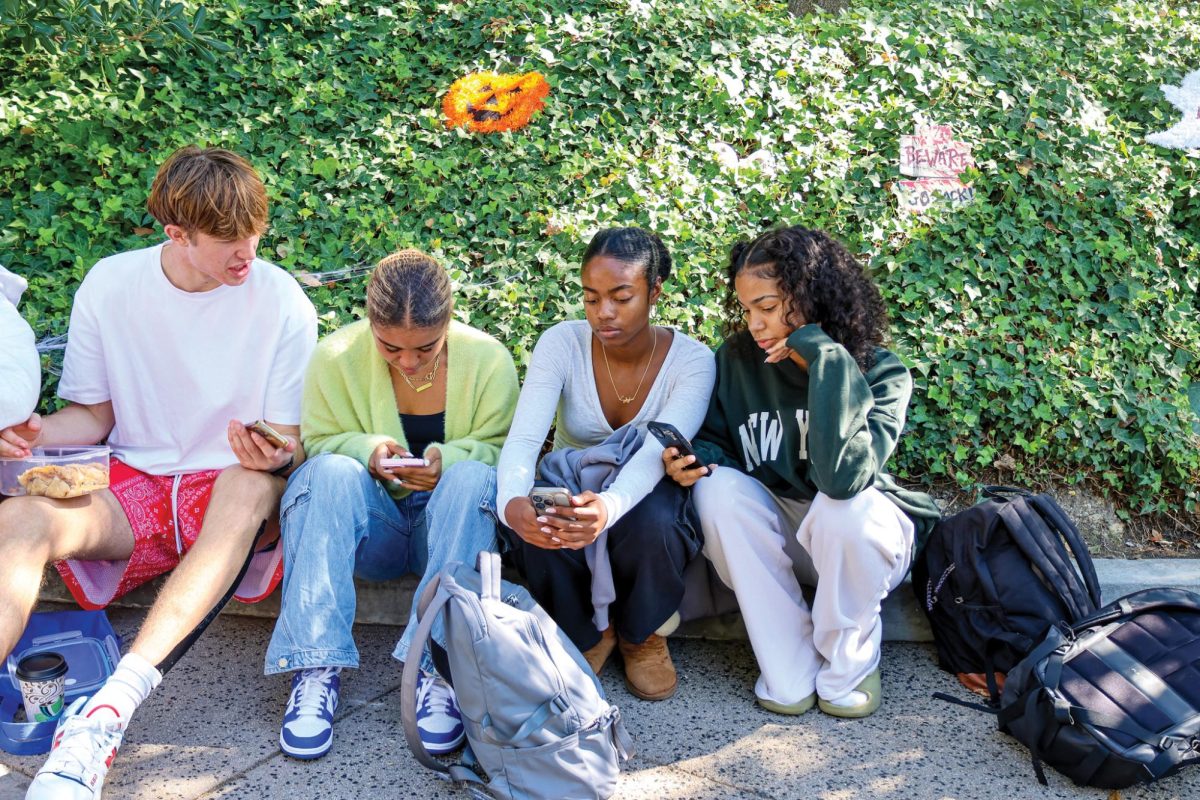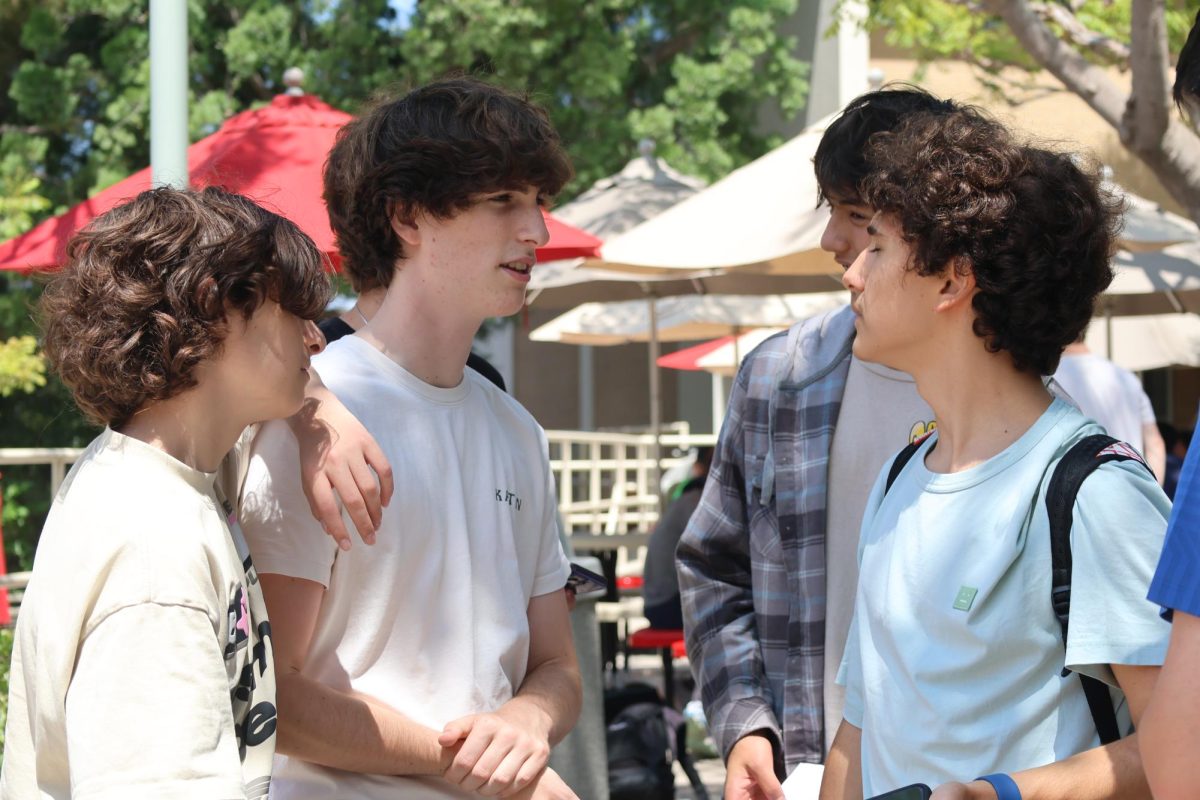Prefect Council will update the language of the current Honor Code to modernize it and lessen ambiguity following preliminary discussions with members of the administration, according to Upper School Dean Sharon Cuseo.
The Honor Code has not been revised since it was first written by Prefect Council in 1992 as an initiative led by former Head Prefect and Editor-in-Chief Spencer Rascoff ’93. Prefect Council’s goal is to edit its language and read the updated version at Convocation for the 2024-2025 school year, according to Head Prefect and Print Managing Editor Davis Marks ’24.
The initiative was first proposed by Marks during the 2021-2022 school year. Since then, Prefects have had conversations with the administration to discuss the possible adaptation. Marks said the initiative will focus on changing the written language in the Honor Code to be more relatable while maintaining its original ideas.
“The Honor Code was created to establish a common set of values for our community, so when students are unable to remember it, it is failing to live up to its mission,” Marks said. “The project is rooted in a desire to fix this issue by looking at the Honor Code and exploring how we can update the language to resonate more with students. The goal is not to write an entirely new Honor Code but [to] revise it in a way that upholds these important and traditional values while allowing students to better embody them.”
Cuseo said the goal of the revision is to make the Honor Code more direct and comprehensible.
“The implementation of the Honor Code was entirely student-driven ,” Cuseo said. “Students went around and visited other schools that had [honor] codes, and they pieced things they liked together. It didn’t have a complete flow, and when you read it, it looks like students trying to sound fancy. We would love for it to be direct and relatable. For example, things like ‘violating the person of others’ and ‘violating the person of the school’ are weird ways to phrase bullying [and] disgracing the school.”
President Rick Commons led the school in rewriting its mission statement in 2014 with the intention of making it more memorable to students. Cuseo said she hopes for the rephrasing of the Honor Code to serve the same purpose.
“Prior to the revision of the mission statement, our mission statement was long and boring,” Cuseo said. “When we added ‘joyful pursuit of educational excellence’ and ‘purpose beyond ourselves,’ it became memorable, and people would quote it. The mission statement became more associated with Harvard-Westlake, and we would love for the same thing to be true of the Honor Code.”
In 1998, six years after the Honor Code was first proposed, 57% of 487 students voted in favor of adopting the Honor Code and the Honor Board, the school’s disciplinary body. The Middle School adopted the Honor Code three years later in 2001. Rascoff said he was inspired to implement the Honor Code after touring Princeton University and learning about the Honor Code system they use for students.
“The initial idea for the Honor Code came when I toured Princeton, and I was impressed [with] how its Honor Code was an important part of the college’s academic and ethical culture ,” Rascoff said. “We felt that creating an Honor Code at Harvard-Westlake would help instill and codify a culture of academic integrity befitting the school’s excellent academic reputation.”
The proposed revision of the Honor Code will be discussed by the Faculty Academic Committee (FAC) before obtaining final approval. Marks said though the process of revising the Honor Code will include the input of administrators and faculty, it will be led by students.
“The creation of the existing Honor Code was a student-centered process, so the modification should be as well,” Marks said. “We started by having preliminary conversations with Commons, [Head of School Laura] Ross, [Head of Upper School Beth] Slattery and [Head of Middle School Jon] Wimbish, but ultimately, students will be the people revising the language. It is important that this process involves both campuses, so the plan is for Prefect Council and Student Council to collaborate and create an initial draft, gather feedback from students, administrators and faculty and continue refining the language. Ultimately, the student body will ratify the revised Honor Code.”
On most assessments, students are required to sign the Honor Pledge, a small excerpt of the full code, stating that they have not cheated on the assignment. Dean of Students Jordan Church said students are not exposed to the complete Honor Code on enough occasions for it to make a difference in their day-to-day lives.
“Often, when I hear students say the Honor Code, what they are talking about is the Honor Pledge, which is on top of all of their assessments,” Church said. “This statement is not the full Honor Code but just one line. That signals that the only time that students are really exposed to this is if they ever look on the walls and see the Honor Code or when [Marks] and [Head Prefect] Bari [LeBari ’24] read the Honor Code at Convocation.”
Commons, who was involved in creating the current Honor Code, said he supports updating the existing wording because it no longer fits the school’s goals.
“It’s wonderful for [the Honor Code] to be revitalized,” Commons said. “It’s been 30 plus years, and I’ve often thought the wording doesn’t feel quite right anymore. The main thing is for students to identify a way of expressing the ethos [of the code] that people can feel good about. I’m excited that there is an initiative to do that and that it will involve not just the Prefects, but [also] the broader student body.”

























